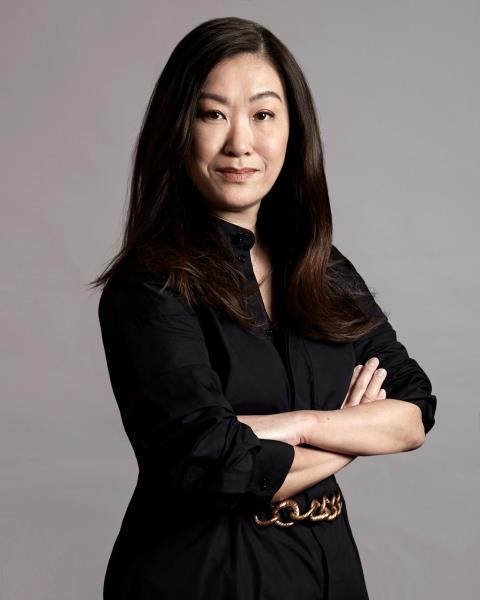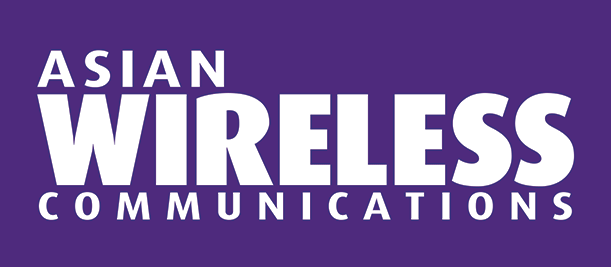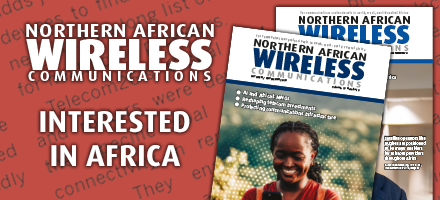03 January 2024

Yee May Leong, managing director, South Asia, Equinix
Who was your hero when you were growing up?
My father. He was a great influence in my life. It was he who kept me grounded and taught me about the values that matter in life. I learned a lot from him and held him close to my heart. When he passed away, I felt as if the ground beneath me disappeared. I still get emotional even after 20 years just thinking or speaking about him.
When I was young, I would always watch him in action at work. He was a businessman who owned a hardware business on a little island in Penang, Malaysia. I called it a small little village. I kept a close eye on him - watched him as he interacted with vendors coming through from Germany and the UK. When he hosted the vendors for work dinners, I would often be invited. I always watched in fascination how he navigated his conversations during these dinners. He was always attentive, considerate and thoughtful and he established strong relationships with these vendors.
When it came to me, he was very tough. It always felt like nothing I did would ever be good enough. Looking back, now that I have a 25-year-old son myself, I understand why he acted the way he did. He loved me so dearly that all he wanted to do was protect me. That was why he was always strict with me. He was equally tough with me because he had set high standards for me. His words to me as I left my village were: “Don’t let me down.” This has kept me honest and grounded my whole life.
What was your big career break?
My big career break was with IBM. I started off as an SW engineer in business development and progressed to a career in sales. It gave me the foundational skills that I still use today.
I moved from a technical position to an account executive role when I realized that I enjoyed interacting with people, listening to and understanding their business requirements and challenges. Eventually, I handled multiple regional accounts, and this led me to where I am today.
What did you want to be when you were growing up?
Back then, I didn’t have a dream job in mind, but I knew it had to have some form of creativity in it – some aspects that required strategic thinking and creative problem-solving.
I started as a programmer with Singapore Computer Systems. This was during the first wave of digitalization where businesses moved from manual operations to computerization. In this role, I learned about understanding the users’ needs, and coding it to turn these needs into applications.
In IBM, my COO literally tapped my shoulder and said that I should be in sales. This person was my mentor who taught me everything from sales to managing C-level relationships. This opportunity groomed me to do business cases, executive presentations, and more. The exposure was tremendous, and I had the opportunity to really look into multimillion deals and partnerships, which was eye-opening and gave me the foundational skills to build my career upon.
If you could dine with any famous person, past or present, who would you choose?
Albert Einstein. I would love to be able to sit down with him and tap into his brain. He was unconventional but equally creative, so I’d really want to know how he got inspired, and the discipline and grounded approaches that he had to bring his thoughts together. Can you imagine spending just one hour with him, to ask him what he wakes up thinking about?
What’s the best piece of advice you’ve been given?
The best piece of advice I have ever gotten came early on in my career. I had a female VP of sales as my mentor, and I asked her about what it takes to be successful as a woman. Her answer was simple. “Just be a woman. Don’t try to be someone else.” This was so profound, bearing in mind this was in the 80s when women had to act tough or be a certain way to be considered ‘good’ at their jobs.
Times have changed. Our individuality and sense of belonging are celebrated, and we see this in many organizations embracing diversity to cultivate a great workplace culture, such as Equinix. Equinix redefines the way we work through our commitment to diversity, inclusion, and a sense of belonging (DIB) where employees can say: “I’m safe, I belong, I matter.”
Rolling Stones or The Beatles?
The Beatles. I just happen to identify with their songs better.
What would you do with £1 million?
I am a businesswoman at heart. At this juncture in my life, I would probably go with the 80/20 rule. In my mind, I will be spending £200,000 on some frivolous trips and the balance will go towards a good cause.
At Equinix, we have the employee-led impact program, which empowers our employees to give back to their communities through service and donations, supported by our volunteer and employee matching gift programs. That £800,000 would be much more impactful going through the program.
What’s the greatest technological advancement in your lifetime?
There have been so many technological achievements that one cannot happen without the other. But I would say that the greatest technological advancement that has really moved the needle is smart phones because it brought mobile connectivity, from complicated devices used by a few to internet access for the masses. Even today, large parts of Asia access the internet through smart devices alone.
Of course, none of that happens without the enablers of the Internet like Equinix. As the world’s digital infrastructure company, our offerings from data centres to interconnection and digital services form the platform where the world comes together, enabling the innovations that enrich our work, life and planet.






